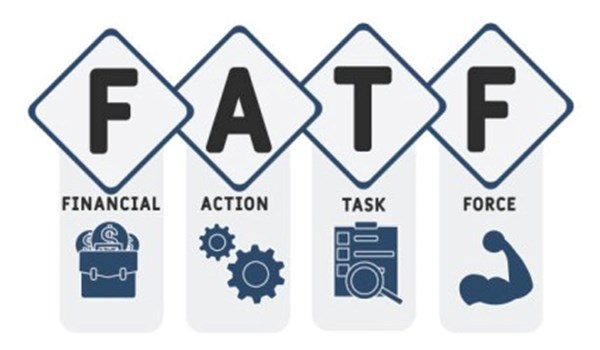Gibraltar’s financial services watchdog will introduce the world’s first bespoke license for “fintech” firms using blockchain distributed ledger technology from next month in a bid to attract start-ups to the British overseas territory as it prepares for Brexit.
The move is the first of its kind and would formally recognize the use of blockchain records as an accepted mechanism for transmitting payments, paving the way for broader adoption of what proponents call revolutionary technology and critics say is overhyped.
Many cities in Europe, the United States and Asia are vying for fintech business, and others have yet to take this regulatory step, largely because the adoption of blockchain, the technology behind cryptocurrencies such as bitcoin, is not systemically important enough to warrant specific regulation.
The Gibraltar Financial Services Commission (GFSC) will publish guidance on Friday for applying its new law for firms that use blockchain to “transmit or store” cash and assets belonging to others – much in the same way as a bank is authorized.
“This is the first instance of a purpose-built legislative framework for businesses that use blockchain or distributed ledger technology,” Nicky Gomez, the GFSC’s head of risk and innovation, told Reuters.
Other regulators in the United States and Japan have introduced rules focusing on cryptocurrencies or for the exchanges that trade them.
“Many firms have been craving for a jurisdiction to regulate them,” Gomez said.
Blockchain, which first emerged as the architecture underpinning cryptocurrency bitcoin, is a shared electronic database that updates itself in real time and can process and settle transactions in minutes using cryptographic computer algorithms with no need for third-party verification.
Financial technology or fintech start-ups are using blockchain to offer services like payments and recording transactions, potentially putting themselves in direct competition with banks.
Last month American Express introduced instant blockchain-based payments using Ripple, a fintech start up, marking one of the first major users of the technology.
Twenty-two of the world’s biggest banks and fintech firm R3 have just developed an international payments system using blockchain.
Gibraltar expects firms numbering well into “double digits” to seek authorization after the new rules come into force on January 1, Gomez said.
Attracting such firms is seen as one way of bolstering the self-governing territory’s thriving financial services industry after the UK, along with Gibraltar, leave the EU in 2019.
Thanks to a liberal tax regime the tiny British enclave on Spain’s southern tip, with a population of 30,000, is home to around 15,000 companies and is a major provider of insurance and gambling services.
“We have been talking with law firms and advisors helping companies to get established here,” said Sian Jones, a senior advisor on DLT to the regulator and Gibraltar government.
Jones said there will be two main advantages to firms being authorized under the new rules: it will make it easier to obtain a bank account to run the business, and it helps a business gain legitimacy with customers.
The guidance supplements nine “principles” contained in Gibraltar’s new blockchain law that will require a firm to hold capital, the amount decided on a case-by-case basis.
Firms will have to treat customers fairly, and must have adequate IT systems and controls to comply with anti-money laundering and terrorist financing rules.
Jurisdictions like Gibraltar have in the past been fending off accusations of being light-touch regulators in a bid to attract business, but the GFSC said the blockchain law included rigorous requirements.
“It’s in no way light-touch or soft touch regulation,” Jones said.



